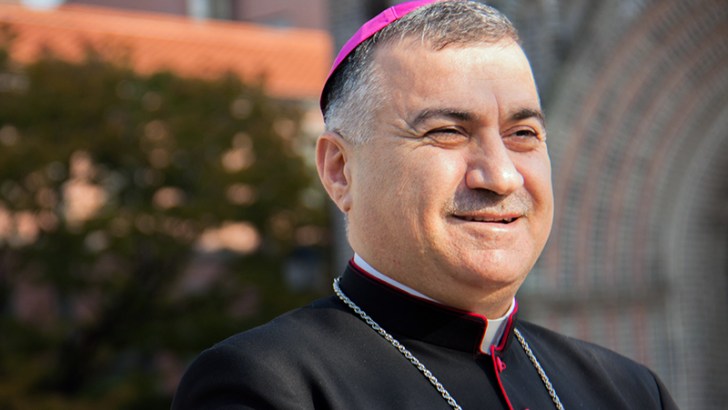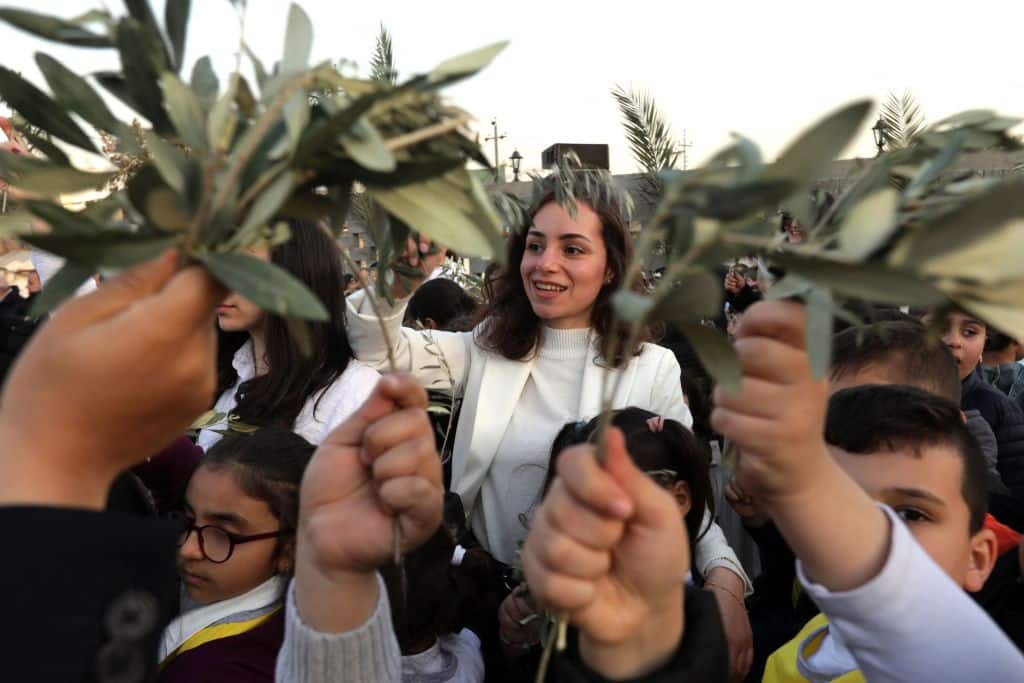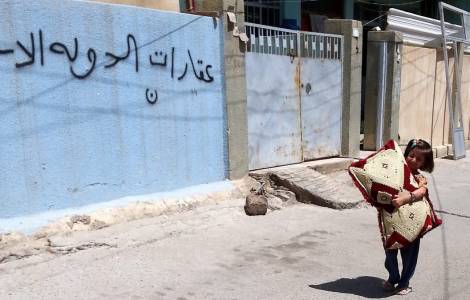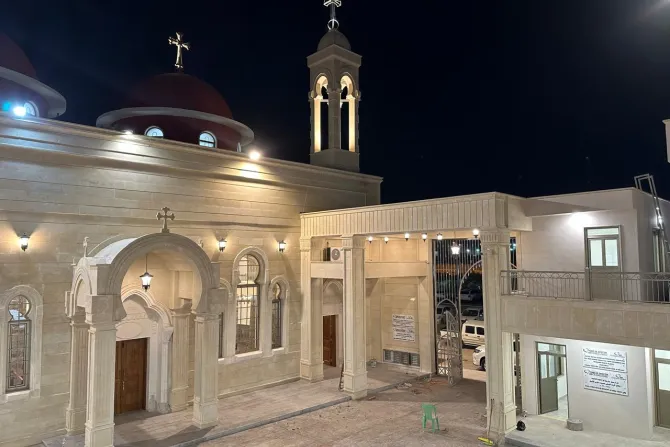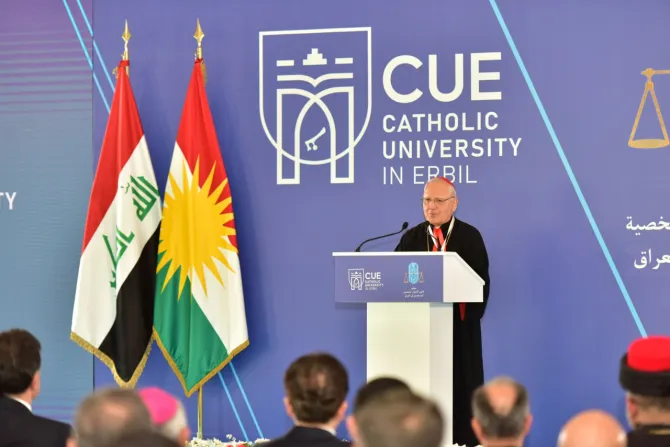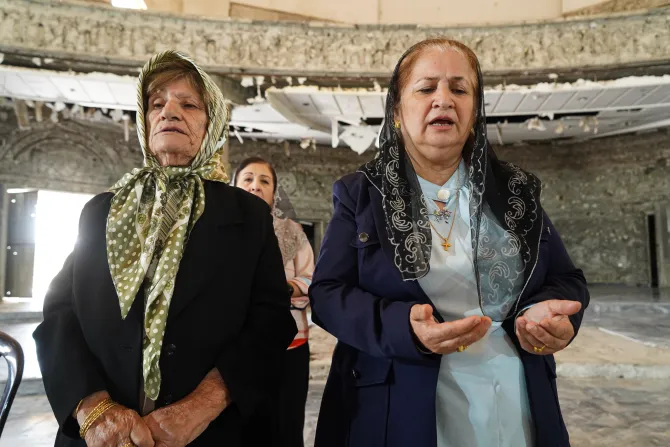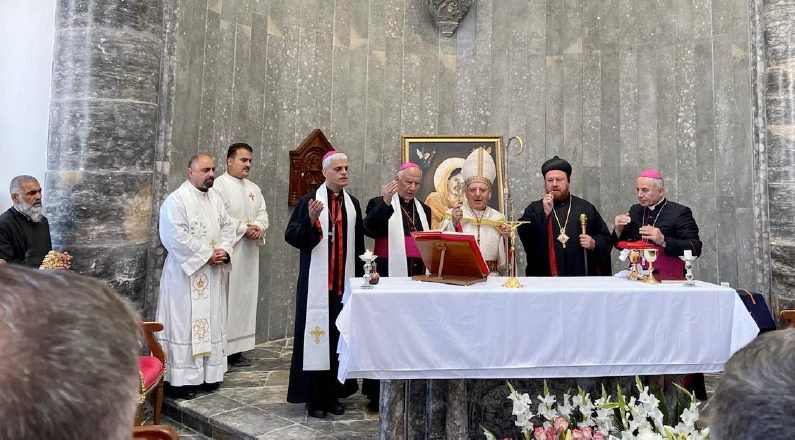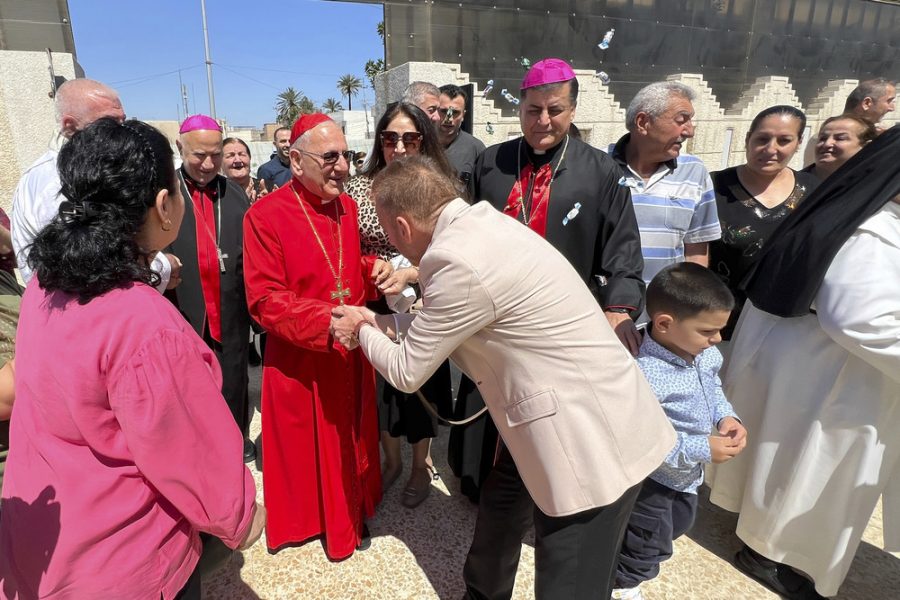I vescovi Caldei: “Due popoli due Stati: la soluzione per la pace in Terra Santa”
(Agenzia Fides).
Due popoli, due Stati. I vescovi Caldei, riuniti a Baghdad per l’annuale Sinodo della Chiesa caldea, guardano con preoccupazione ai tanti conflitti che lacerano il Medio Oriente, puntando lo sguardo soprattutto sulla situazione in Terra Santa




